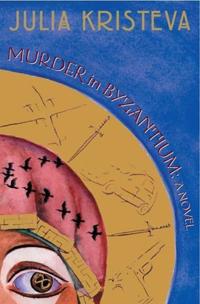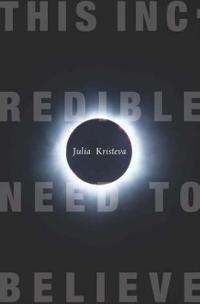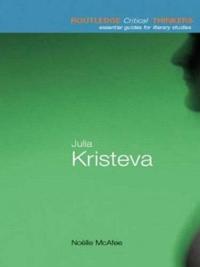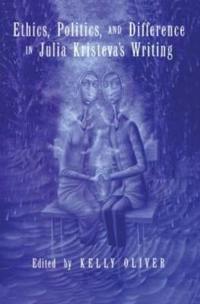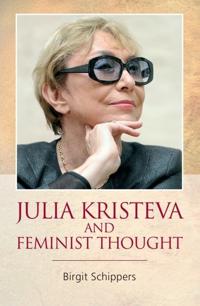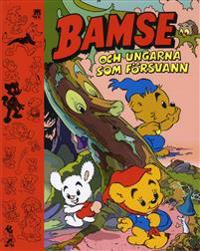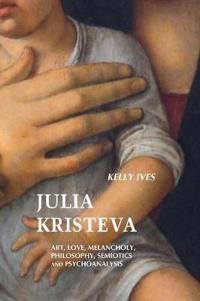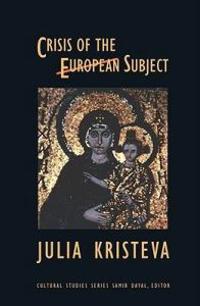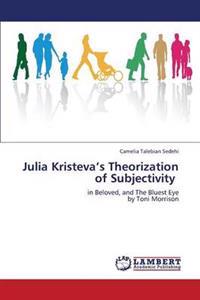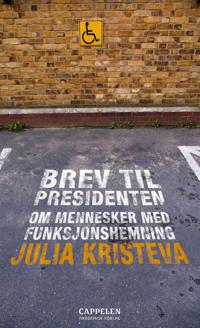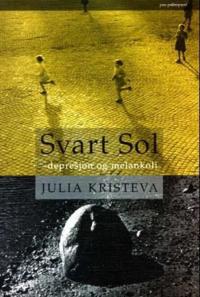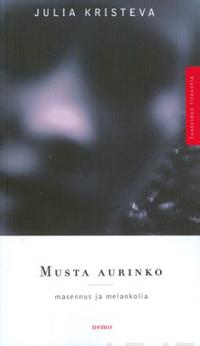Murder in Byzantium (Häftad)
avJulia Kristeva
ISBN: 9780231136372 - UTGIVEN: 200803In this absorbing, suspenseful novel Julia Kristeva combines social satire, medieval history, philosophy, psychoanalytic theory, and autobiography within a gruesome murder mystery. Murder in Byzantium deftly moves from eleventh-century Europe, wracked by the turbulence of the First Crusade, to the [...]
Hatred And Forgiveness (Pocket)
avJulia Kristeva
ISBN: 9780231143257 - UTGIVEN: 2012-04-27Kristeva rearticulates and extends her analysis of language, abjection, idealization, female sexuality, love, and forgiveness. She examines the "maladies of the soul," utilizing examples from her practice and the ailments of her patients, such as fatigue, irritability, and general malaise. She sourc[...]
This Incredible Need to Believe (Övrig)
avJulia Kristeva
ISBN: 9780231147842 - UTGIVEN: 2009-09-25"Unlike Freud, I do not claim that religion is just an illusion and a source of neurosis. The time has come to recognize, without being afraid of 'frightening' either the faithful or the agnostics, that the history of Christianity prepared the world for humanism." So writes Julia Kristeva in this p[...]
This Incredible Need to Believe (Häftad)
avJulia Kristeva
ISBN: 9780231147859 - UTGIVEN: 201110"Unlike Freud, I do not claim that religion is just an illusion and a source of neurosis. The time has come to recognize, without being afraid of 'frightening' either the faithful or the agnostics, that the history of Christianity prepared the world for humanism." So writes Julia Kristeva in this p[...]
Severed Head, The: Capital Visions (Inbunden)
avJulia Kristeva
ISBN: 9780231157209 - UTGIVEN: 2011-12-13Julia Kristeva (Häftad)
avNoelle McAfee
ISBN: 9780415250092 - UTGIVEN: 200310One of the most original thinkers of the 20th century, Julia Kristeva has been driving forward the fields of literary and cultural studies since the 1960s. This volume is an accessible, introductory guide to the main themes of Kristeva's work, including her ideas on: semiotics and symbolism; abjecti[...]
Ethics, Politics, and Difference in Julia Kristeva's Writing
ISBN: 9780415907040 - UTGIVEN: 1993-09First published in 1993. Routledge is an imprint of Taylor & Francis, an informa company.
Julia Kristeva and Feminist Thought (Inbunden)
avBirgit Schippers
ISBN: 9780748640898 - UTGIVEN: 2011-04Julia Kristeva is an important and influential figure within contemporary Continental thought. This book is an engaging appraisal of the complex relationship between Kristeva and feminist theory. Drawing in particular on her recent writings on revolt, female genius and freedom, Schippers makes a ca[...]
Julia Kristeva (Häftad)
avJohn Lechte, Maria Margaroni
ISBN: 9780826463562 - UTGIVEN: 2005-01This innovative introductory text clearly explains the most complex ideas of Julia Kristeva - one of the most influential critics and theorists of contemporary culture. Offering new insights into the central themes of her work it explains clearly such key concepts as the 'chora', 'Oedipus' and 'abje[...]
Julia Kristeva: Art, Love, Melancholy, Philosophy, Semiotics and Psychoanalysis (Inbunden)
ISBN: 9781861712738 - UTGIVEN: 2010-02Julia Kristeva's Theorization of Subjectivity (Häftad)
avTalebian Sedehi Camelia
ISBN: 9783659273889 - UTGIVEN: 201210Brev til presidenten; om mennesker med funksjonshemning (Pocket)
avJulia Kristeva
ISBN: 9788202249281 - UTGIVEN: 2008Den fransk-bulgarske språkfilosofen Julia Kristeva viser i dette brevet til den franske presidenten at spørsmål om annerledeshet og funksjonshemning ikke bare er et samfunnsanliggende, men et personlig spørsmål som angår hver enkelt av oss: For å kunne endre våre holdninger og vår opptreden[...]
Svart sol; depresjon og melankoli (Pocket)
avJulia Kristeva
ISBN: 9788253016511 - UTGIVEN: 1994Gjennom studier av melankolisymptomer hos sine kvinnelige pasienter, viser forfatteren sammenhengen mellom melankoli, språk og kunst og demonstrerer at hun ikke bare er filosof og psykoanalytiker, men også kunstteoretiker.[...]
Musta aurinko (Häftad)
avJulia Kristeva
ISBN: 9789525180015 - UTGIVEN: 2010Musta aurinko johdattaa masennuksen psykoanalyysiin. Kristeva piirtää potilastapausten avulla naisellisen masennuksen hahmoja: 'neitsytäiti' hankkii masennuslääkkeekseen lapsen, 'Don Juanin vaimo' kiinnostuu miehestään vain silloin kun tällä on rakastajatar, 'ihmissyöjä' ahmii lähimmäis[...]


